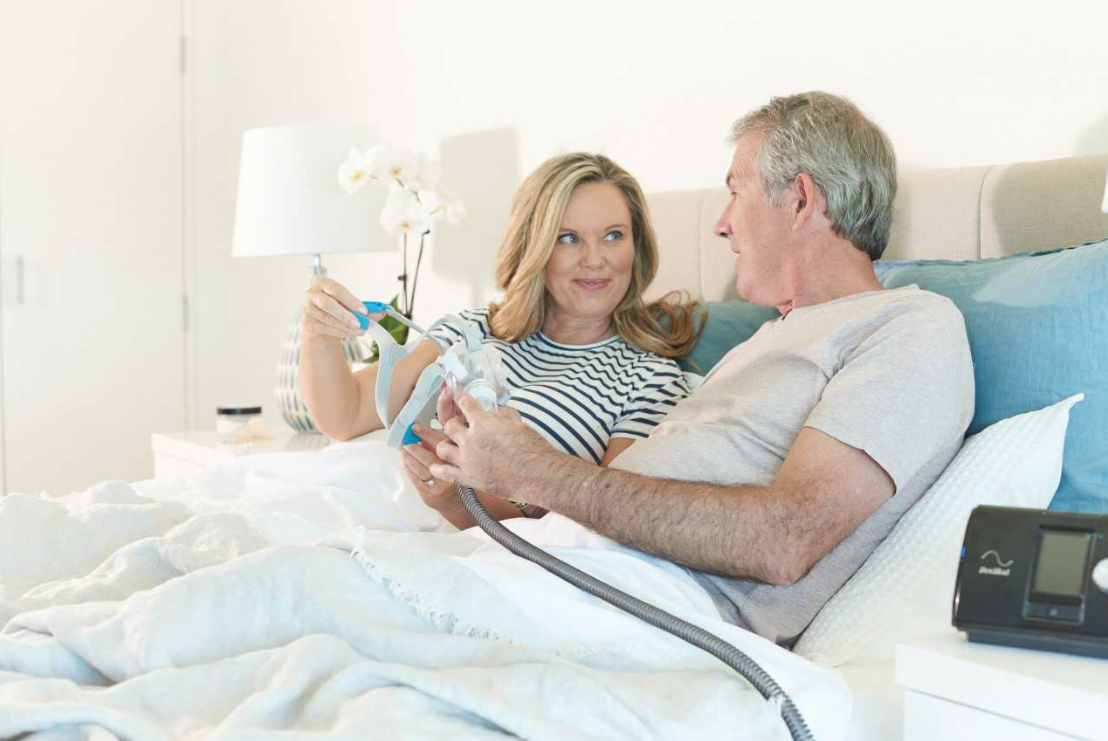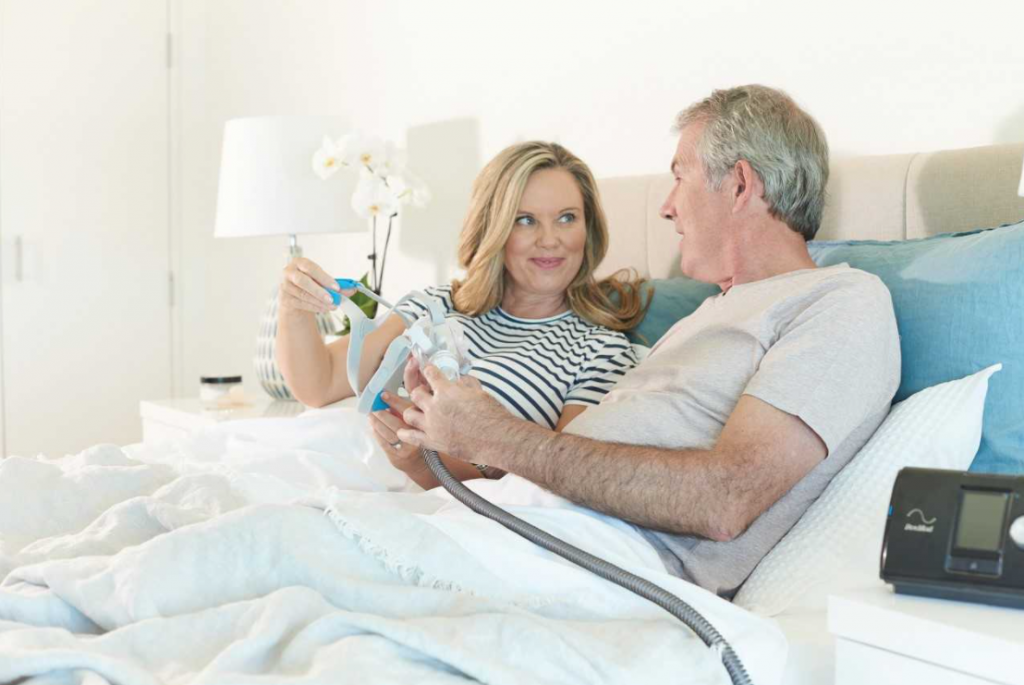
About Sleep Solutions
- Home
- About Sleep Solutions

UI Health Care Sleep Solutions (UI Sleep Solutions) is part of the medical supply company of University of Iowa Health Care. We provide education, training, and follow-up care for all of your sleep apnea-related products and supplies. We work with your physician and insurance company to make sure your sleep care is coordinated, comfortable, and affordable.
At UI Sleep Solutions, we offer the highest quality sleep products, ensuring an enjoyable experience when using your therapy. Our Clinicians work one on one with you – whether you’ve been a long time user or recently diagnoised. We ensure you get the prescribed equipment, work with you toward a successful experience, and answer any questions you may have in regard to your therapy.
Why would I need a sleep device?
If your physician has diagnosed you with Obstructive Sleep Apnea (OSA). OSA is a disorder in which the airway collapses during sleep, causing breathing to stop and restart repeatedly. The most noticeable signs of OSA are excessive sleepiness and loud snoring, although not everyone who has OSA exhibits these symptoms.
Central Sleep Apnea (CSA), although not as common, is another sleep disorder that could potentially need therapy. In these occurrences, the brain may not send proper signals to the muscles that control our breathing, causing pauses in your breathing pattern.
If you think you may have sleep apnea and could benefit from a sleep device, schedule an appointment with our sleep disorders clinic.
What types of sleep devices are available?
Continuous Positive Airway Pressure (CPAP)
The most common treatment for sleep apnea, CPAP treatment involves wearing a mask, connected by a tube to a unit that delivers airway pressure. The air pressure acts as a “splint” to keep the upper airway open. Since pressure requirements vary for each person, your doctor will determine how much pressure is right for you during a sleep study or may prescribe an automatic positive airway pressure (APAP) device to determine the proper pressure(s).
Automatic Positive Airway Pressure (APAP)
APAP delivers continually adjusting air pressure based on sleep events that occur while using the device. These machines adjust pressure breath by breath in order to provide the lowest, most comfortable pressure necessary. These are often used to monitor patients within their home for the best therapy pressure amounts.
Bi-Level Positive Airway Pressure (BiPAP, VPAP, or BPAP)
Bi-Level PAP delivers two different pressures. A higher pressure for inhalation (IPAP), and lower pressure for exhalation (EPAP). Some medical conditions may require pressure(s) at these different levels.
Your doctor will prescribe the device that is best suited to your diagnosis and needs.